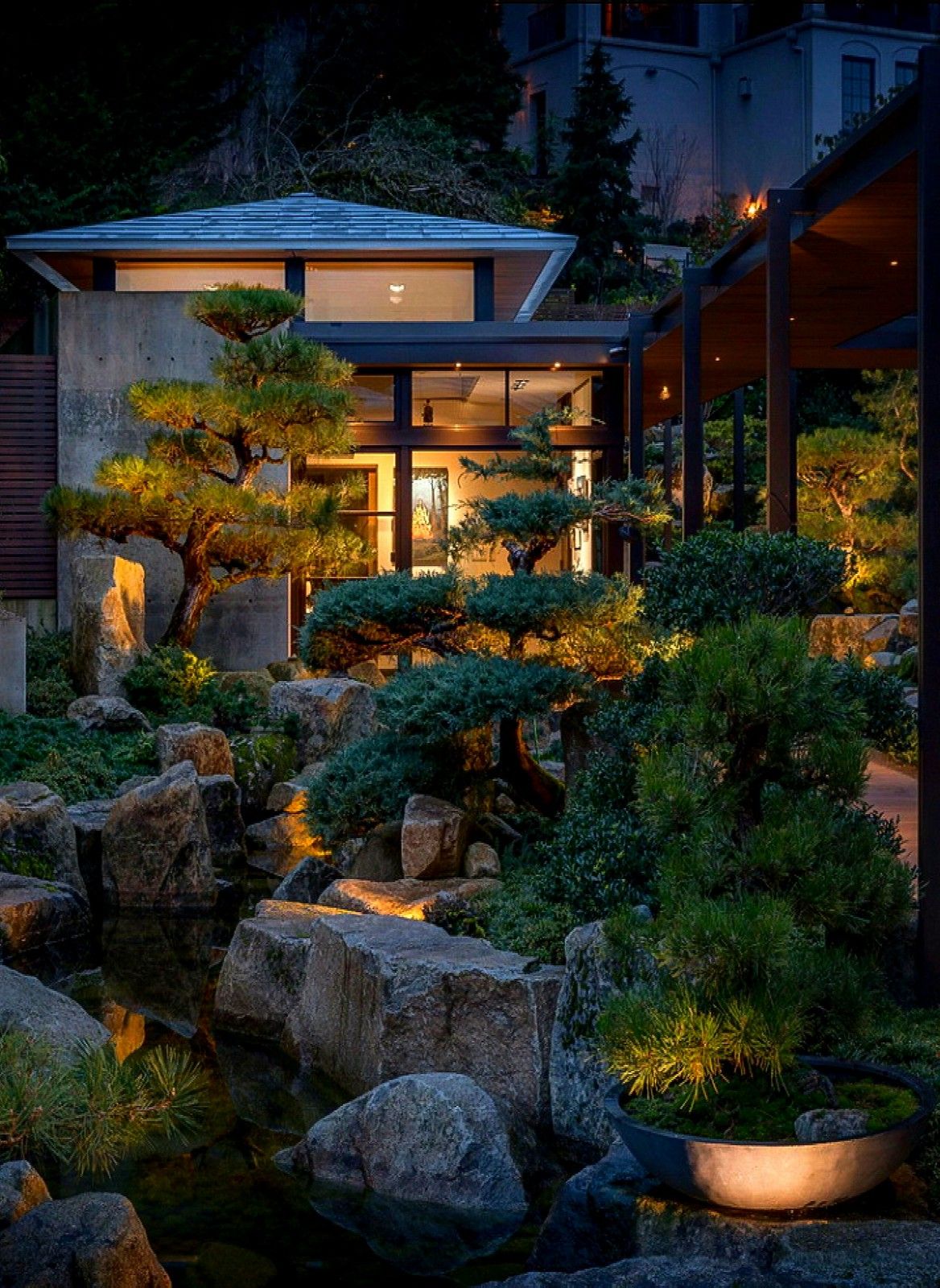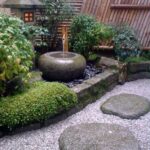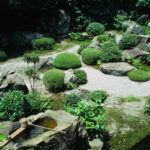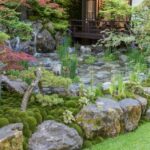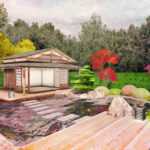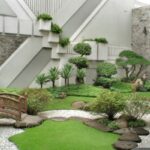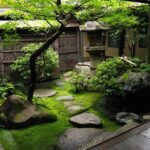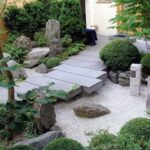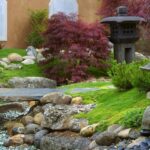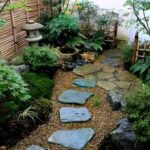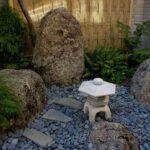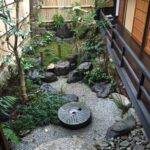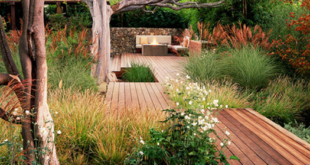Japanese gardens are unique in their ability to evoke a sense of tranquility and harmony. The design principles behind these gardens have been honed over centuries, with each element carefully chosen to create a space that is both beautiful and deeply serene.
One key aspect of Japanese garden design is the use of natural materials. Rocks, water, plants, and wood are all carefully selected and placed to create a harmonious balance. The rocks used in Japanese gardens are often large and irregularly shaped, symbolizing mountains or islands. Water features such as ponds or streams are also common, representing the flow of life and the passage of time.
Plants in Japanese gardens are chosen for their shapes, colors, and textures, with an emphasis on creating a sense of balance and harmony. Trees are often pruned to create a sense of order and simplicity, while flowering plants are used to add bursts of color. Moss is a common ground cover, adding a sense of lushness and tranquility.
Another key element of Japanese garden design is the use of symbolism. Many elements in a Japanese garden are chosen for their symbolic significance, such as a stone lantern representing enlightenment or a bridge symbolizing the passage from one world to another. These symbols add layers of meaning to the garden, inviting visitors to contemplate the deeper meaning behind each element.
One of the most famous examples of Japanese garden design is the Zen garden, known for its minimalistic and meditative qualities. Zen gardens often feature carefully raked gravel or sand to represent water, with rocks and plants strategically placed to create a sense of calm and balance. These gardens are often used as a place for meditation or contemplation, allowing visitors to quiet their minds and find inner peace.
Visiting a Japanese garden can be a truly transformative experience, offering a respite from the busyness of daily life and a chance to connect with nature in a profound way. The tranquility and harmony of these gardens can have a calming effect on the mind and spirit, allowing visitors to find a sense of balance and peace within themselves.
In a world that is increasingly hectic and chaotic, the timeless beauty of Japanese garden design offers a much-needed refuge for the soul. By exploring the elements of these gardens and understanding the principles behind their design, we can learn to create our own little oasis of tranquility and harmony in our own lives.
